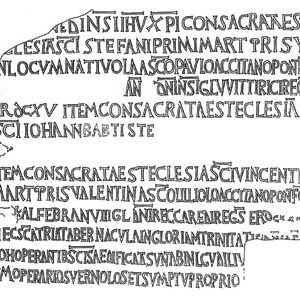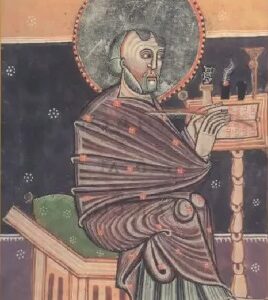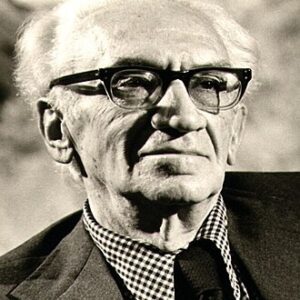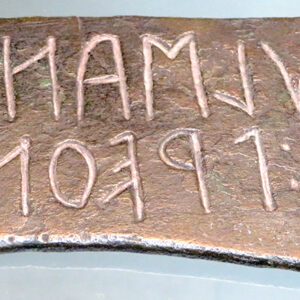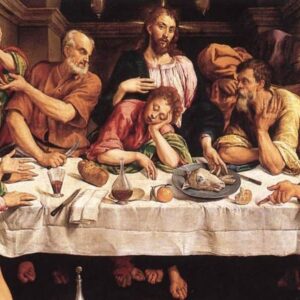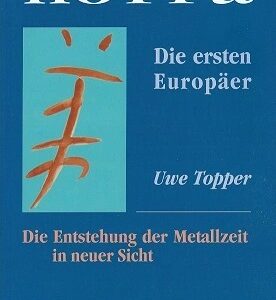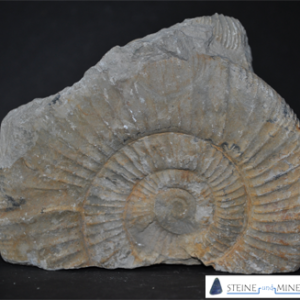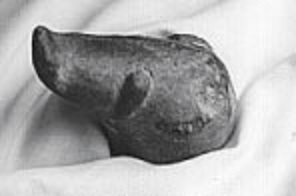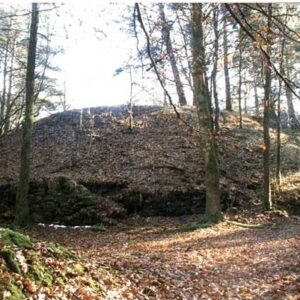Articles
-
Cataclysms are the Reason for our Wrong Chronology
Paper read at the international meeting of chronologists in Potsdam, Sept. 12th to 14th, 2008 The academic convention concerning historiography is not acceptable to reasonable thinking. Three main points are missing in the…
-
The ERA, a medieval chronological reckoning
The Julian or province-era, generally called ERA, was widely documented throughout Europe during the Middle Ages from the 5th to the 15th centuries at a time long before our modern AD-reckoning came into…
-
Computists and Chronology
Medieval Christian monks who worked on calculating human history from Adam to the Last Judgment were called “Computists”. These monks created schematic chronological tables, in which appeared packages of years whose numbers had…
-
Velikovsky and the Forgotten Catastrophy
A review of Immanuel Velikovsky’s book, (1987): Mankind in Amnesia – (transl. from the American by F. W. Gutbrod; Ullstein, Frankfurt / M. and Berlin) The book, published in the USA in 1982,…
-
Runes and the Etruscian-Venetian Alphabet
A problem for chronology and for the theory of communication The fundamental proposition of the communication-theory says: It is impossible not to communicate. For each sender of an information there is a receiver.…
-
The Passover of Jesus
This English version differs at its beginning and end slightly from the original German one, but is in its biggest part an exact translation. (The notes are appearing at the end of the…
-
horra, the First Europeans
The Beginning of the Metal Age English summary of a book published recently in German by Uwe Topper, Berlin (2003) Summary The invention of metal casting turned the development of mankind in a…
-
How can 65 million years completely vanish?
Review of a revolutionary book by Christian Bloess: Ceno-Crash (Berlin 2000) That question raised above is answered by a carefully scientifically written book by Christian Blöss, Ceno-Crash (Berlin 2000). He says what several…
-
Fakes in Anatolia
James Stuart Mellaart and the Prehistory of Anatolia James Mellaart was still a young man when he came to Turkey and there married a Turkish lady. His main occupation was archaeology. Around the…
-
Megalithic Cairns and Stone Chambers in Germany
The „Hälden“ as the missing link between the Megalithic cultures of western and northwestern Europe, and Etruscan necropolises (note that for brevity sake not all figures were reproduced) New discoveries demand a reassessment…

